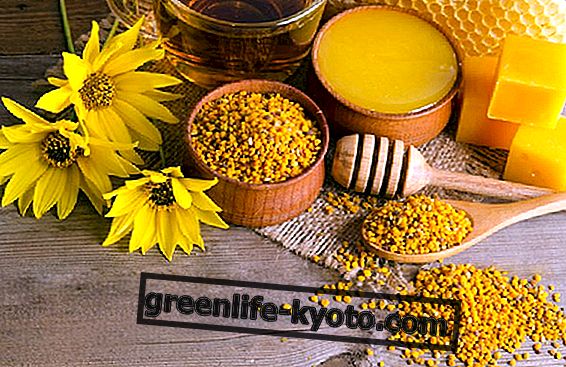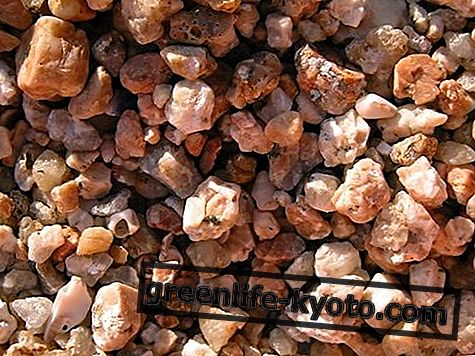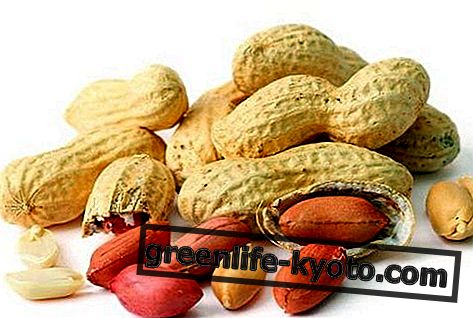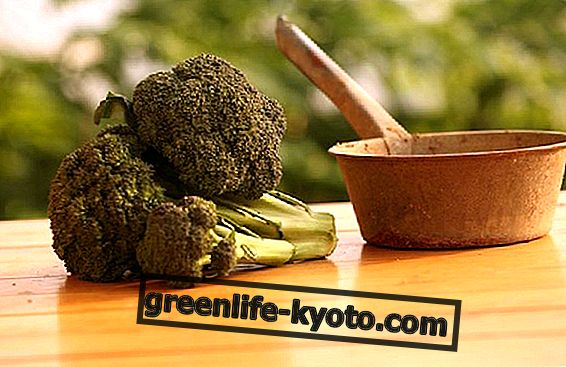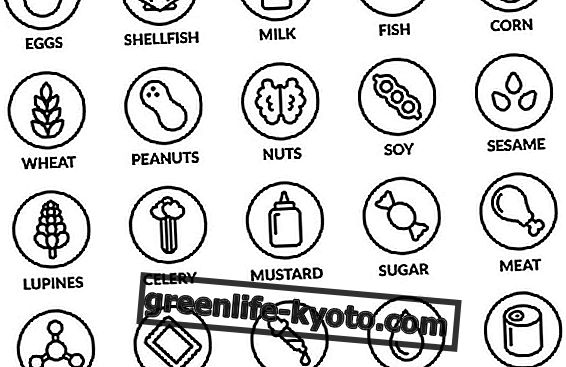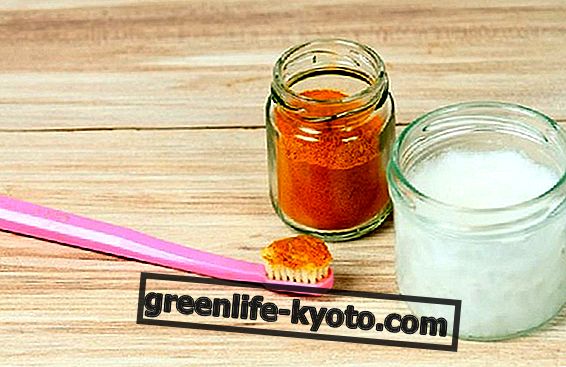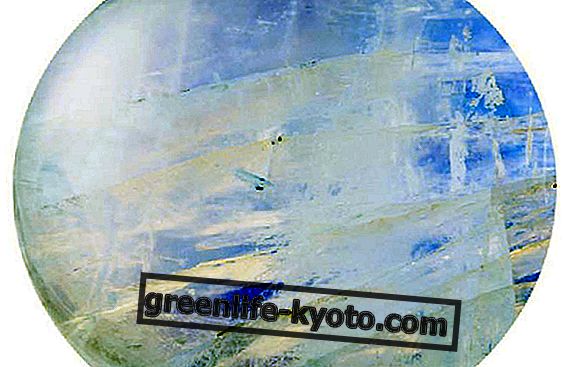
In the mare magnum of the various natural disciplines, naturopathy can constitute a fixed point, firmly rooted in history and in proven effectiveness. It is a series of different natural interventions and suggestions that converge on a few simple basic concepts. Let's then take a look at what naturopathy is.
What is naturopathy: history
The protagonist of the legend about the legendary birth of naturopathy is Vincent Priessnitz, an Austrian peasant from the first half of the 1800s. Observing a wounded deer who "cared" by immersing himself in a stream, he thought that the same healthy practice could be applied with excellent results even to men.
It was thanks to the abbot Sebastian Kneipp, in the second half of the nineteenth century that the practice of hydrotherapy and natural treatments in general was perfected and disseminated in Germany. Benedict Lust, a student of Kneipp, moved to the United States where he spread the knowledge of hydrotherapy and lifestyle advice: he is considered the founder of American naturopathy. The term "naturopathy" (in English Naturopathy) was coined in 1895 by the American John Scheel, a doctor in New York as Nature's Path of the individual.
Naturopathy is currently an internationally recognized discipline of the World Health Organization.
What is naturopathy: basic concepts
The fundamental laws in naturopathy are few but very clear:
Primum non nocere : first of all do not hurt people in any way, but provide the most effective support with the least risk;
Vis medicatrix naturae : promoting the self-healing of the body by stimulating the natural life force;
Tolle causam : remove the causes of the disease, rather than suppress the symptoms.
Fundamental rules in naturopathy are: to respect the natural laws that govern the human body; attention to the single person and not only to his illness; energy balance ; balanced and natural nutrition ; detoxification of the body from physical and emotional toxins.
What is naturopathy: skills
Naturopathy does not compete with "official" medicine but collaborates with it. Naturopathy is not aimed at diagnosing and treating specific pathologies but at promoting well-being and self-healing through detoxification and rebalancing interventions.
The purpose of naturopathy is to educate to health and contribute to the restoration of the global well-being of individuals. Naturopathy does not cure the disease but aims to maintain or restore health "according to nature", to seek and act with interventions and natural remedies on the true origin and cause of the malaise or disorder.
